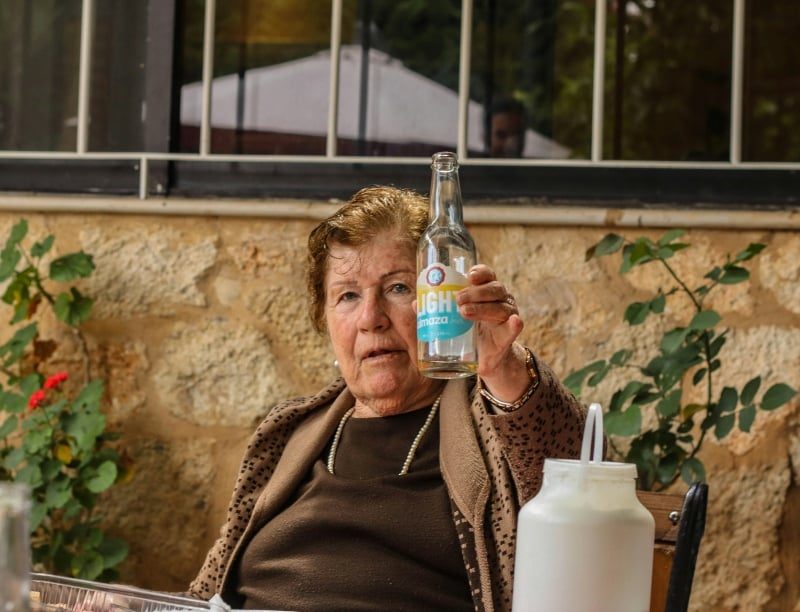
By Mylaine Breton and Neb Kovacina
With the passing of Bill 15, the Quebec government has introduced radical changes to how Quebec’s healthcare system is managed, purportedly to improve care for patients. It centralizes much of the healthcare system’s decision-making in a new entity, Santé Québec.
While the goals of the new legislation are laudable, Bill 15 seems to have been written without much input from clinicians, and more importantly, members of the public — a big miss.
Fundamentally, our system needs to be designed with the needs of patients and the public front and centre. Yet all too often, the very people the system is meant to serve are left out of discussions on reform. Let’s not keep making the same mistake.
Implementation of the new bill and formation of a new healthcare agency offer us an opportunity to do better and keep the needs and priorities of patients and the public top of mind.
Last year, our team launched OurCare – the largest initiative in Canadian history to engage the public about the future of primary care in Canada. We have done consultations across Canada, including deep dialogues in five provinces, to understand people’s experiences with primary care, but more importantly their priorities for an improved system.
Primary care is the front door of the healthcare system. It’s the care traditionally delivered by family doctors. It’s where you go to diagnose and treat a new problem, manage long-term conditions like diabetes and asthma, and get vaccines or tests to keep you well. It’s also the place that coordinates your care with the rest of the healthcare system.
When primary care doesn’t work, everything else falls apart.
Results from the OurCare survey last fall confirmed that, for too many people, the system is not working. Almost one in three of the more than 2500 respondents from Quebec said they didn’t have a family doctor they could see regularly.
We need to do better. But how?
OurCare has been working with 31 Quebecers who have collectively volunteered 930 hours of their time to improve the system. They are a diverse group who were randomly selected from a pool of volunteers to roughly represent the province’s demographics. Last month, they released their final report, written in their own words, on their vision for a better system.
At the core, they want a system that is equitable and accessible – one where every person living in Quebec has access to primary care regardless of their background or where they live.
They recognize that Quebec has already made strides in investing in team-based care where family doctors work together with other health professionals like nurses and social workers. But they learned these teams are not working as effectively as they could be. They recommend spreading team-based models but also strengthening how teams work together, for example, giving nurses more autonomy to independently see patients as needed when appropriate.
They felt strongly that patients should be able to access their own health records and be able to share it in order to empower patients to participate actively in their own care.
They saw opportunities for the system to be more efficient and, for example, recommend reducing the time doctors spend on low-value administrative tasks. They want to see the public better educated about the primary care system and better supported to manage their own care.
They recommend increasing funding for research into primary care. Any innovation or new investment should be evaluated to ensure its relevance and response to the needs of citizens.
Importantly, our public volunteers want to see patients and community members directly involved in decision-making at the regional and organizational level.
Let’s honour their wishes. Let’s ensure that the values of equity and accessibility guide implementation of new healthcare reforms and that we integrate patient and public advisors into the system so that healthcare is shaped by the people it’s meant to serve.
Visit OurCare.ca to read the OurCare Quebec Priority Panel report written by members of the public.
***
About Mylaine Breton and Neb Kovacina
Mylaine Breton is Professor in the Department of Community Health Sciences at the University of Sherbrooke and holds the Canada Research Chair in the Clinical Governance of Primary Care Services.
Neb Kovacina is a family physician at St. Mary’s Hospital in Montreal and Director of the Quality Improvement program in the Department of Family Medicine at McGill University.
—
This post was previously published on Quoimedia.com and is republished here under a Creative Commons license.
***
You Might Also Like These From The Good Men Project
 Compliments Men Want to Hear More Often
Compliments Men Want to Hear More Often  Relationships Aren’t Easy, But They’re Worth It
Relationships Aren’t Easy, But They’re Worth It  The One Thing Men Want More Than Sex
The One Thing Men Want More Than Sex  ..A Man’s Kiss Tells You Everything
..A Man’s Kiss Tells You Everything Join The Good Men Project as a Premium Member today.
All Premium Members get to view The Good Men Project with NO ADS.
A $50 annual membership gives you an all access pass. You can be a part of every call, group, class and community.
A $25 annual membership gives you access to one class, one Social Interest group and our online communities.
A $12 annual membership gives you access to our Friday calls with the publisher, our online community.
Register New Account
Log in if you wish to renew an existing subscription.
Username
First Name
Last Name
Password
Password Again
Choose your subscription level
- Yearly - $50.00 - 1 Year
- Monthly - $6.99 - 1 Month
Credit / Debit Card PayPal Choose Your Payment Method
Auto Renew
Subscribe to The Good Men Project Daily Newsletter By completing this registration form, you are also agreeing to our Terms of Service which can be found here.Need more info? A complete list of benefits is here.
—
Photo credit: iStock
The post Giving Voice to the Citizens of Quebec to Improve the Healthcare System appeared first on The Good Men Project.
Original Article










